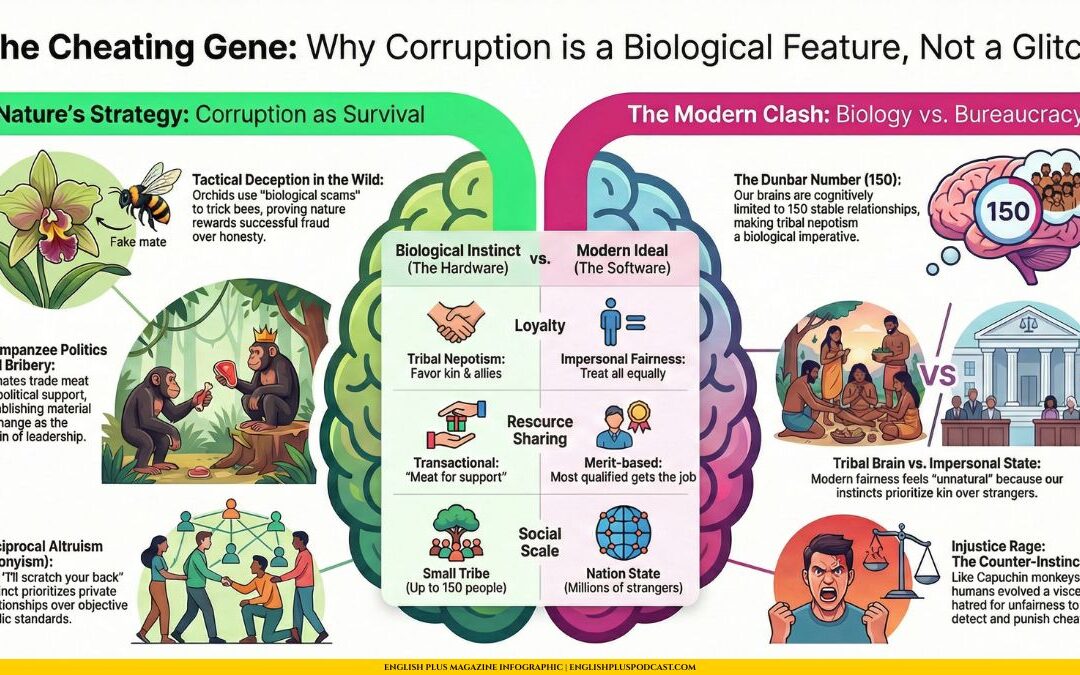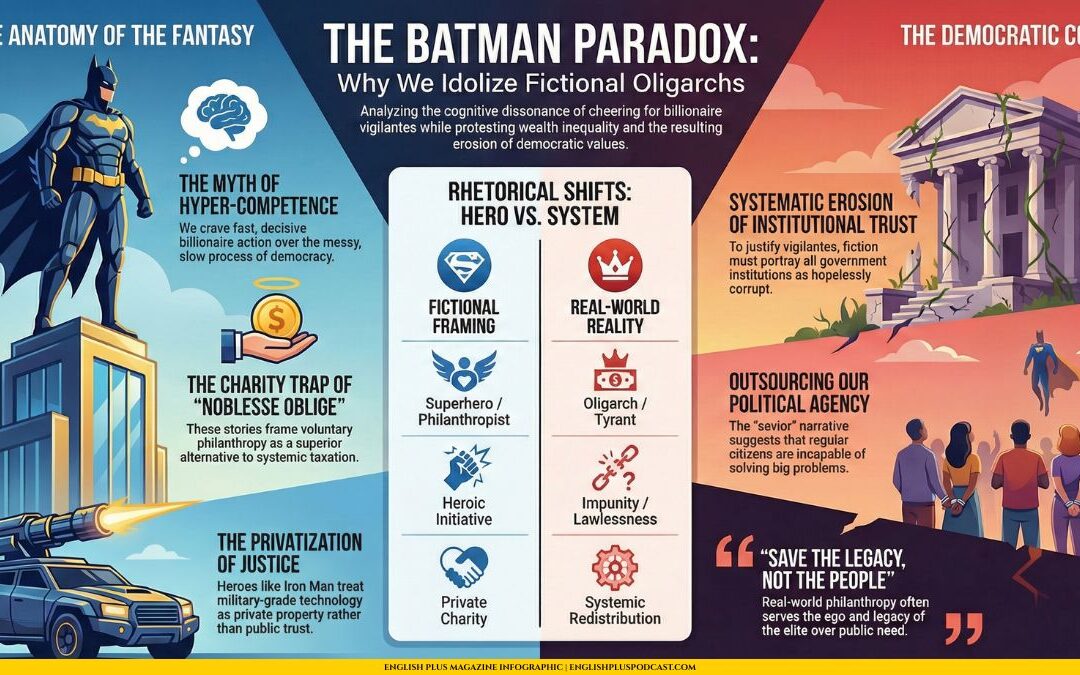Think back to when you first learned to ride a bike. Remember those encouraging hands holding you steady, maybe even a gentle push? But eventually, those hands had to let go so you could find your balance and pedal off on your own. Parenting and education share a similar journey. Let’s talk about how to foster independence in learning.
You want your child to succeed – it’s in your DNA! But sometimes, all our best intentions can actually get in the way. Hovering over homework or constantly solving their problems might help short-term, but what about the long game?
Imagine your child as a little explorer. You provide the map, the compass, and a safe base to return to. It’s their job to navigate the terrain of learning, sometimes stumbling, always gaining new skills.
Age-Appropriate Empowerment
This looks different for each kid and at each stage:
- Little Learners: Turn chores into a game of “Can you find all the socks?”. This builds observation and problem-solving skills.
- Stuck on Homework? Don’t give answers but ask, “Where could you look for help? What did you try before?” This emphasizes resources, not instant fixes.
- Teen Struggles: Help them break large projects into smaller steps or find a study system that works for them. It’s their responsibility with your support.
The Power of Mistakes
Learning from stumbles is more valuable than getting everything right the first time. Let that math struggle happen (within reason)! Offer strategies when they’re ready, not solutions. Mistakes build confidence when they finally do figure it out.
The Learning Environment is KEY
Is there a quiet workspace? Do they know where to access books, online tools? Is your attitude towards learning positive? Kids absorb your vibes, so complaining about your ‘boring class’ won’t inspire them.
Partnership, Not Policing
Talk to your child’s teacher! What are their strengths and where do they need more practice? This helps you target your support without overdoing it.
Your Action Step
Start small! Here’s how to practice letting go of the handlebars:
- Pick one subject where they usually rely most on you.
- Brainstorm together how they could tackle it with less direct help.
- Offer to be their ‘help-desk’ they can check in with if truly stuck.
It might feel slower at first. But just like with that bike, one day you’ll look up, and they’ll be careening off with a giant grin, fully capable and in charge of their own learning journey. Is there anything more satisfying for a parent?
Why Should You Care?
- Fostering independence sets children up for a lifetime of success in school and beyond.
- It builds confidence and a sense of ownership over their learning, leading to greater motivation.
- Supporting independent learning reduces parental stress and homework battles long-term, making it a win-win!
Key Takeaways
- Parents play a crucial role in guiding their children towards independent learning, rather than doing the work for them.
- Strategies for fostering independence must evolve as kids grow and face different challenges.
- Mistakes are an essential part of the learning process and should be reframed as opportunities.
- A positive home learning environment and parent-teacher collaboration are key to success.
- Letting go little by little might feel slower initially but ultimately builds a stronger, more capable learner.
Keywords with Definitions
- Independent learning: The ability to take ownership of one’s learning process, set goals, find resources, and self-evaluate.
- Homework: Assignments given by teachers to be completed outside of class.
- Problem-solving skills: The ability to identify a problem, devise potential solutions, and choose the best course of action.
- Study system: An organized method for reviewing material, taking notes, and preparing for assessments.
- Learning environment: The physical and emotional space where learning takes place, including factors like noise, distractions, and overall atmosphere.
- Learning resources: Tools and materials that support the learning process, such as textbooks, online platforms, and educational websites.
- Positive attitude towards learning: An enthusiastic and open-minded approach to acquiring new knowledge and skills.
- Self-evaluation: Reflecting on one’s own learning progress and identifying areas for improvement.
- Collaboration: Working together with others, such as teachers and parents, to achieve a common learning goal.
- Guidance: Offering support and direction without providing direct answers or taking over the learning process.
Frequently Asked Questions
- What if my child hates a certain subject? Focus on fostering learning skills, not instant love for everything. These transferable skills will benefit them even in areas they dislike.
- Isn’t it faster if I just do it for them? Maybe in the moment, but you’re sacrificing long-term gains for short-term relief.
- My child gets frustrated easily, how to handle this? Break tasks into smaller chunks, celebrate small wins, and emphasize effort over perfection.
Myth Buster
- Myth: Smart kids can do it all on their own.
- Reality: Every child needs support and guidance tailored to their age and individual needs. Even independent learners benefit from a solid foundation.
Let’s Talk
- Recall a time you were proud of your child figuring something out independently. How did that feel?
- What’s your biggest struggle in letting go and letting them stumble a bit?
- Do you work with your child’s teacher(s) to support their learning goals? How can this partnership be improved?
Let’s keep the conversation going! Share your experiences and thoughts on fostering learning independence in the comments.










0 Comments